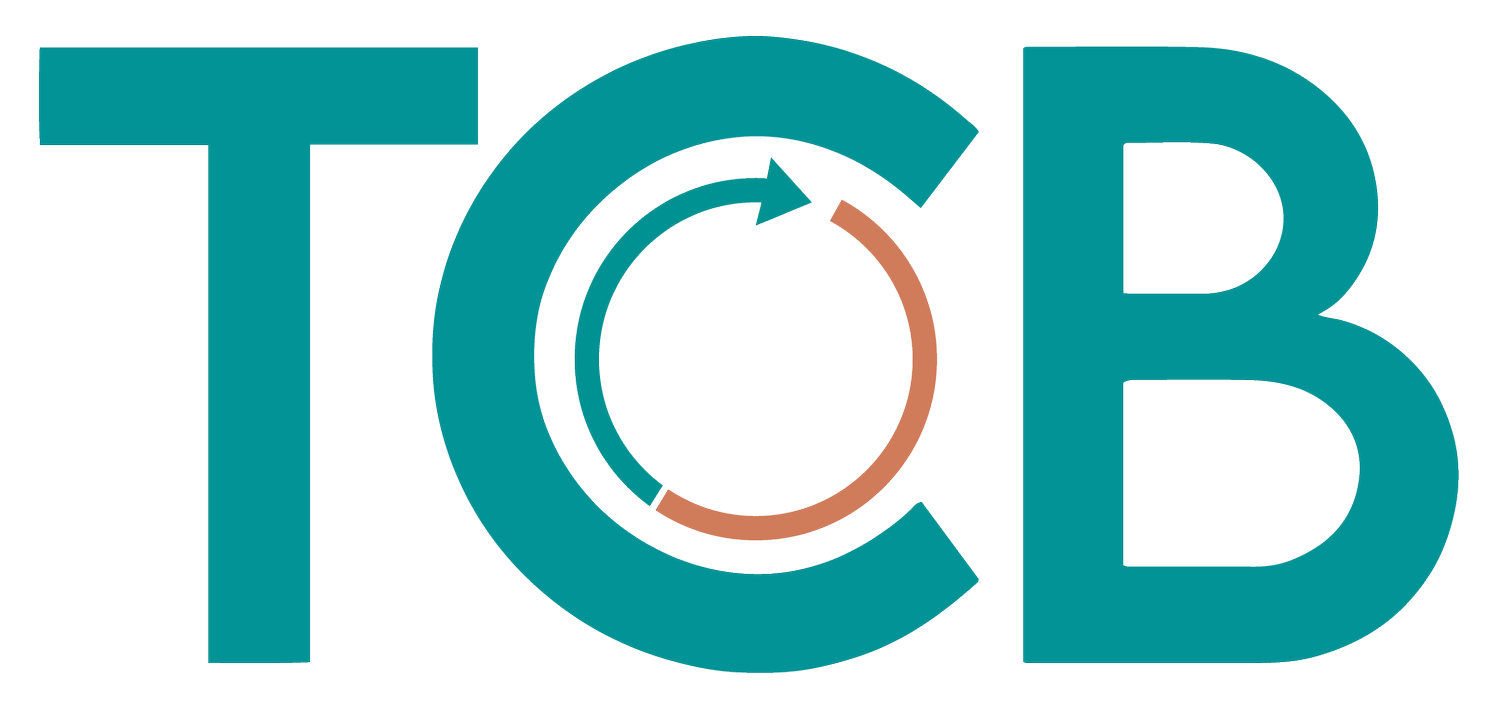Protecting Commercial Agility in the Face of UK Employment Law Reform
On 10 October 2024, the UK Government published the Employment Rights Bill, outlining major proposed changes to employment law. One of the most significant updates would allow employees to claim unfair dismissal from day one of employment - removing the current two-year buffer.
While this shift is designed to enhance fairness for employees, it could create serious headaches for businesses that rely on flexible hiring models - particularly teams across sales, marketing, and customer service that need to scale quickly for time-bound initiatives.
Why it matters for commercial leaders
Commercial activity doesn’t follow a fixed schedule. Whether it’s ramping up for a product launch, targeting a new market, or boosting pipeline before quarter-end, the ability to hire short-term staff quickly is often key to hitting targets.
Under current rules, if someone doesn’t work out - or the campaign ends - employers can part ways within two years with relatively low legal risk. The new legislation would remove that flexibility, exposing businesses to potential unfair dismissal claims from the very first day of employment.
What’s changing?
Right now, employees must work for two continuous years before they’re eligible to bring an unfair dismissal claim. This gives businesses some breathing room to try out new hires or bring in temporary staff without long-term obligations.
The proposed law would scrap that protection. Employees could challenge a dismissal immediately, regardless of how short their employment term was.
This creates three big problems:
Legal risk: Any dismissal - however routine - could lead to a tribunal claim.
Reduced flexibility: Commercial leaders may hesitate to make short-term hires, even when there's a clear business need.
Administrative overhead: Even a short-term campaign hire may require formal documentation, performance records, and legal oversight.
The UK Department for Business and Trade factsheet provides a full summary of all the changes.
Learn from Germany
Germany already has strict employment protections, and companies there are known to move cautiously when it comes to short-term hiring. Many turn to outsourced solutions to avoid the red tape. If the UK follows suit, British businesses may face similar constraints.
Real-world impact
Picture this: your team is preparing for a major product launch or rolling out a campaign to break into a new market. You need extra capacity across sales, marketing, or customer service - fast. Under the current rules, you can bring in temporary staff, push hard for a year or so, and then scale back once the job is done.
But under the new law, letting those hires go - even after a planned, time-limited project - could trigger legal claims. What was once a straightforward staffing decision now carries significant legal risk. The alternative? Keep people on longer than needed, deal with potential legal disputes, or avoid hiring altogether - leaving your core team overstretched.
A smarter way to stay flexible
There is another way: outsourcing. By outsourcing parts of your sales, marketing, or customer service function to a trusted partner, you can scale up or down as needed - without employment liability.
At TCB, we specialise in outsourced, flexible multilingual business development services. We can support lead generation, lead qualification, and a full range of customer engagement services. Our clients get:
· A flexible commercial workforce with zero headcount risk
· Seamless integration into internal workflows
· The ability to act fast - without legal entanglements
Our expert team delivers results while keeping your business agile, compliant, and focused on growth - not paperwork.
Plan ahead
The Government has said these changes won’t come into effect until at least late 2026. But smart commercial leaders are already thinking ahead. If you rely on flexible staffing, now’s the time to consider how your model may need to evolve.
Contact TCB today to learn how we can help you build a scalable commercial engine - without hiring headaches.
